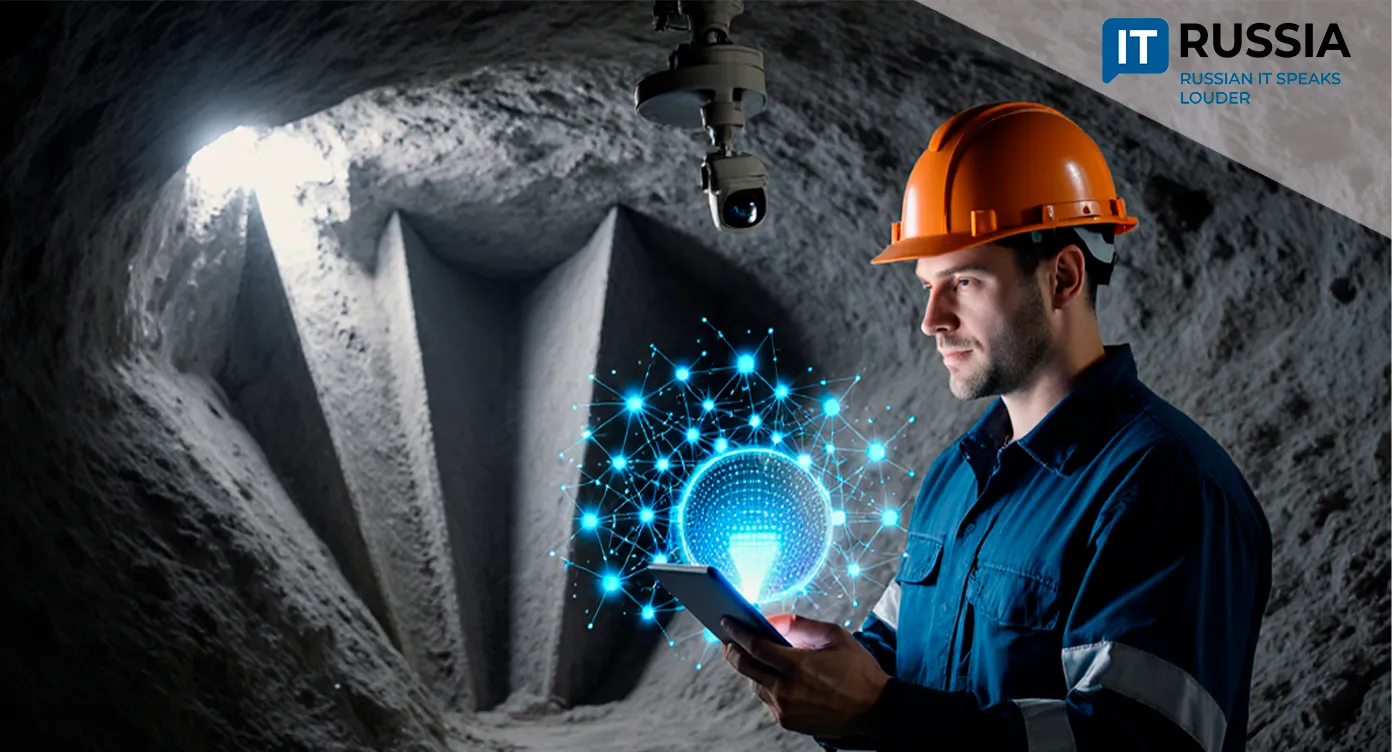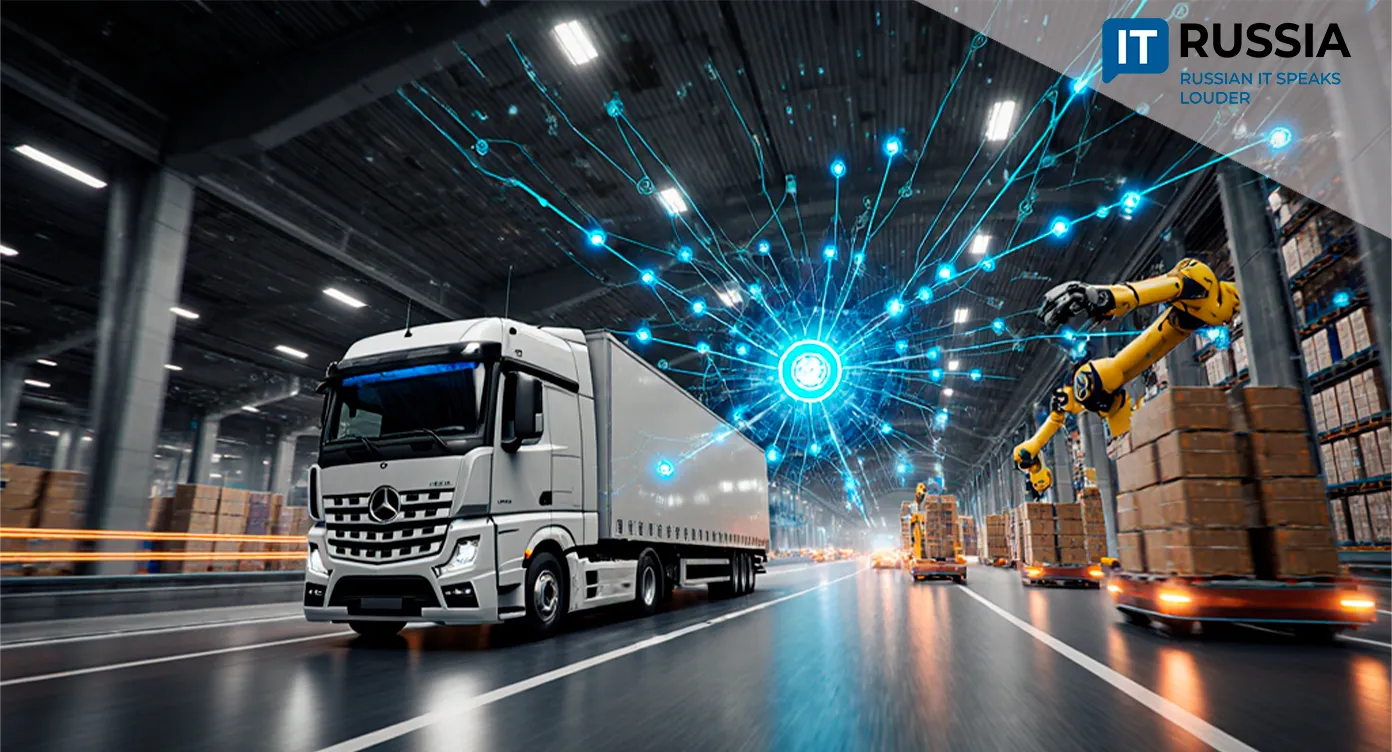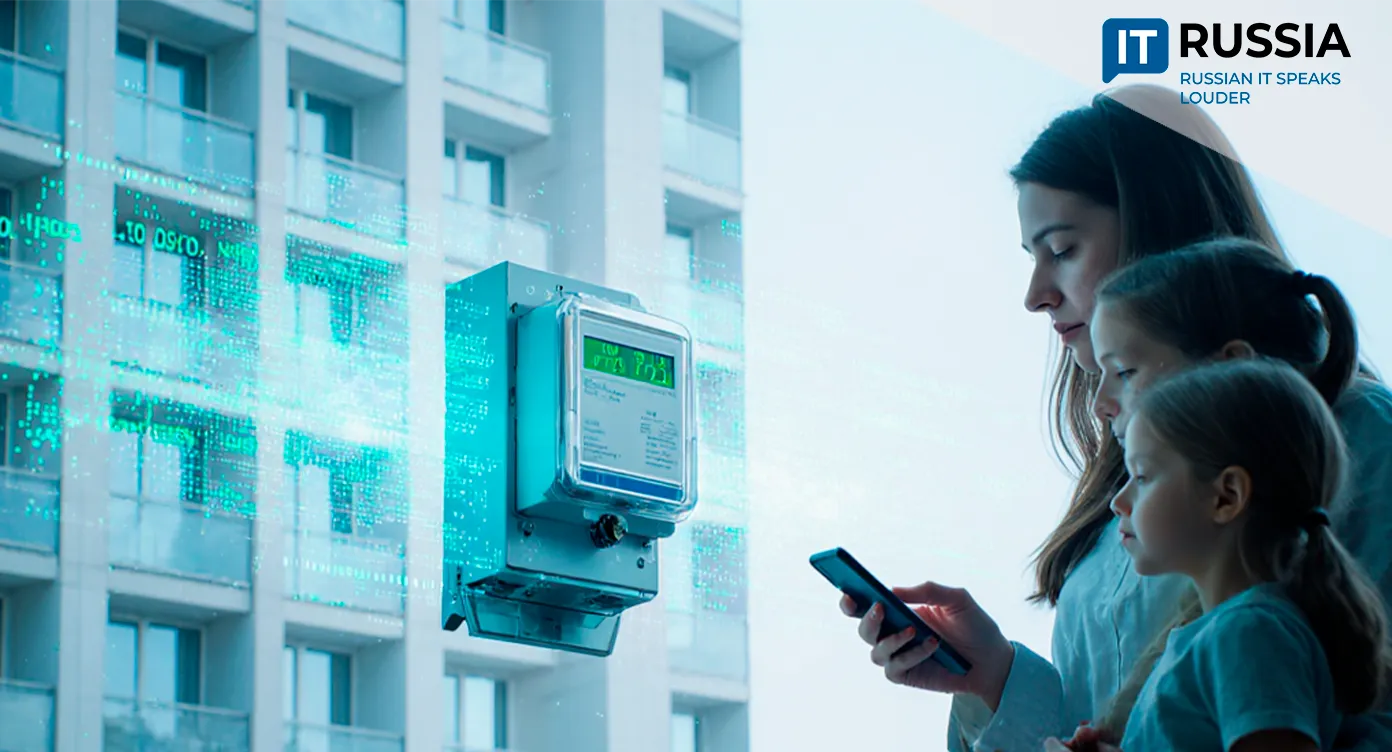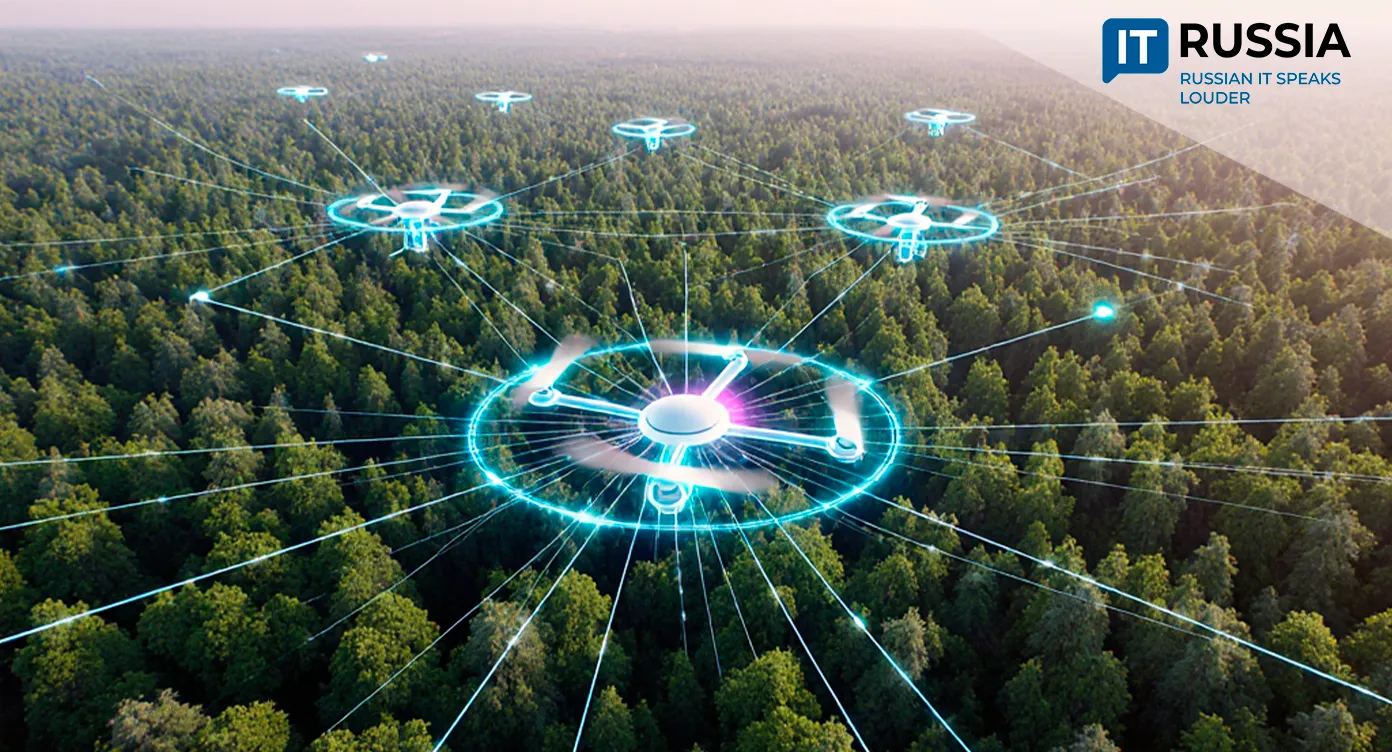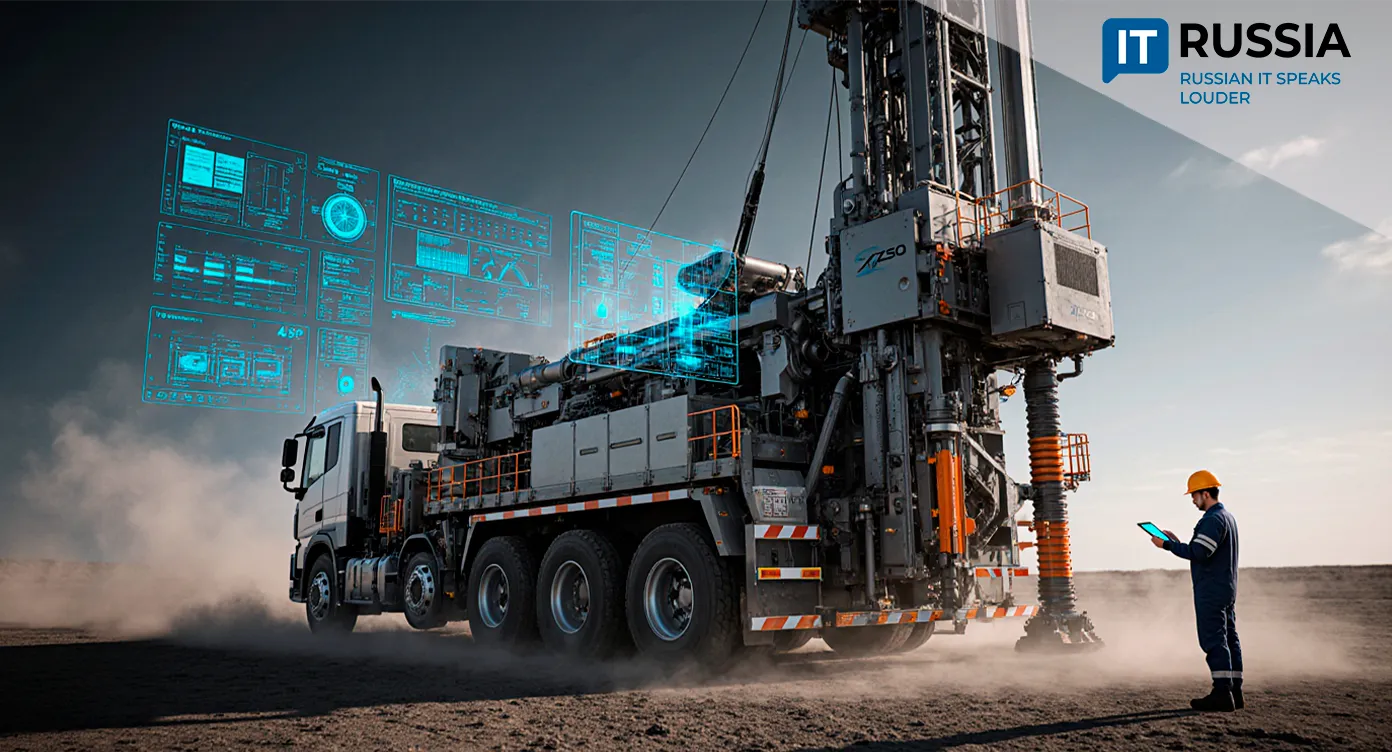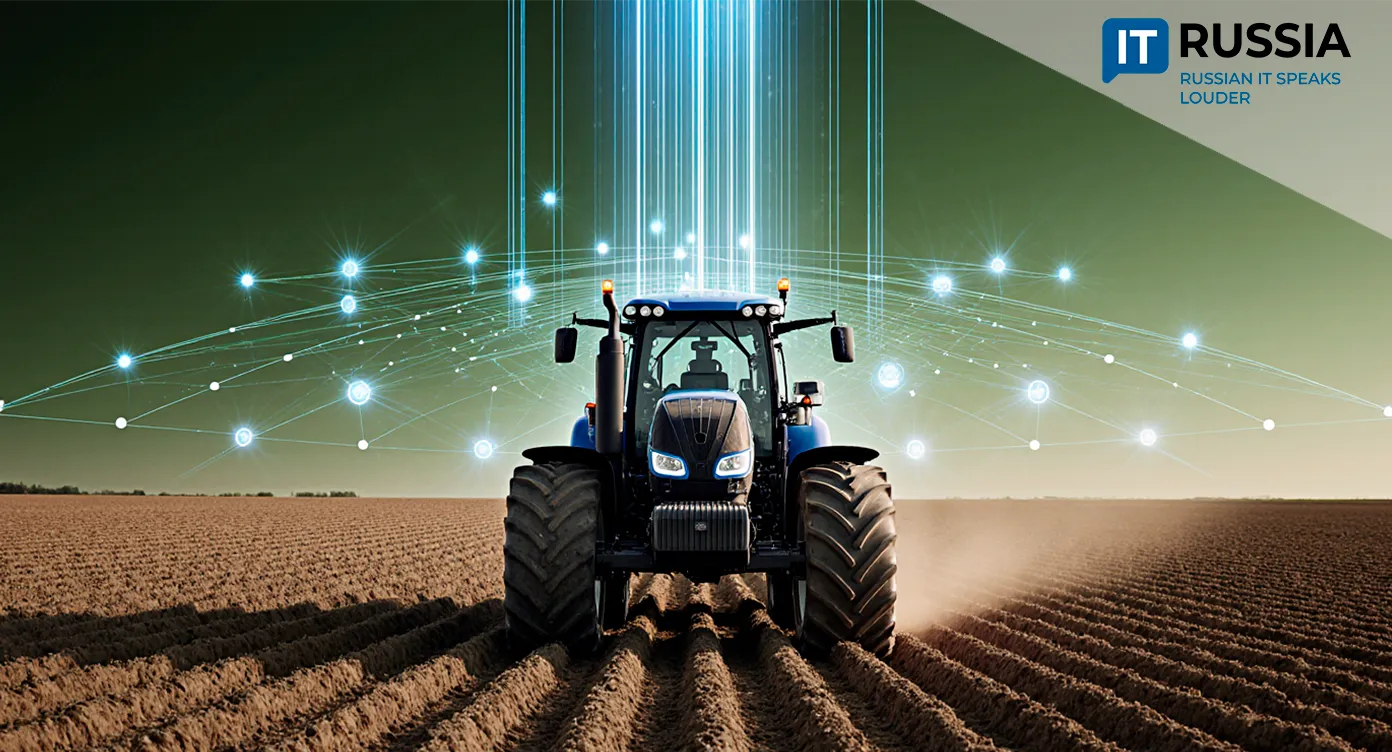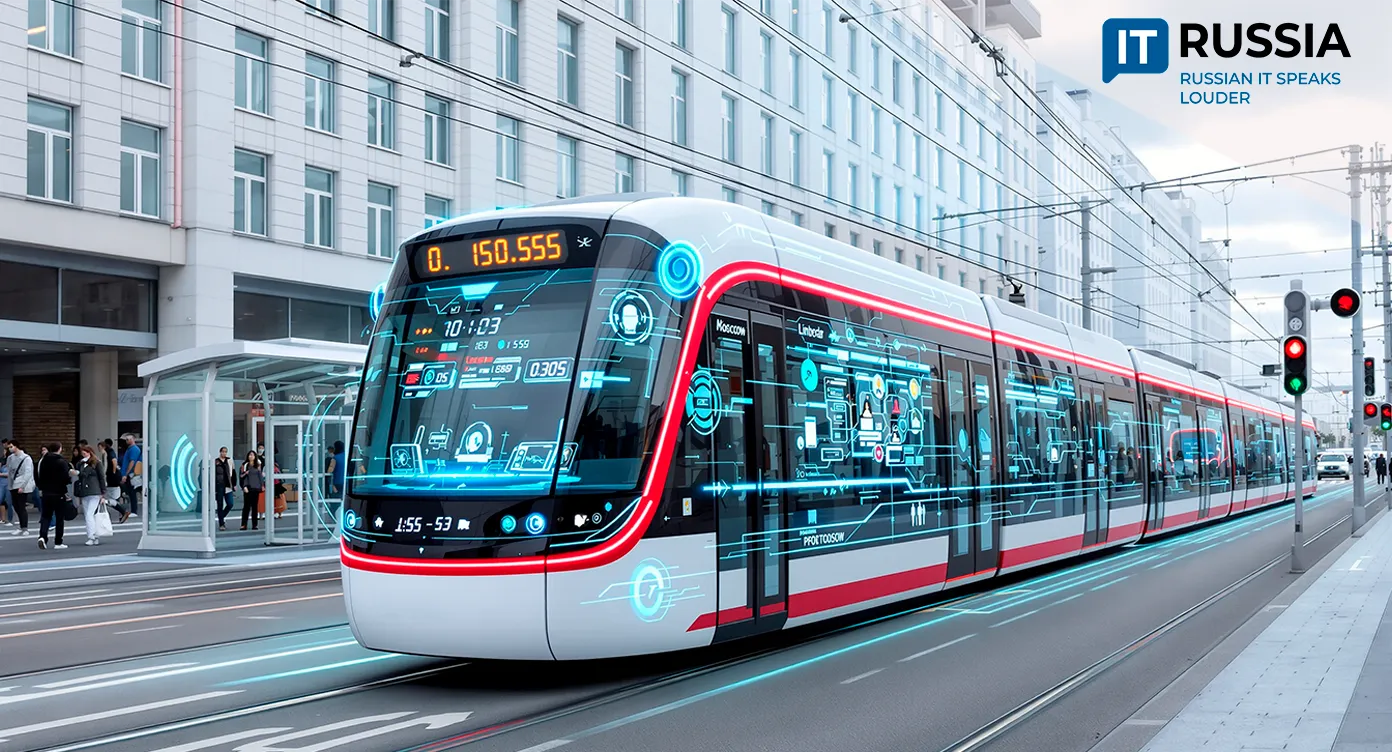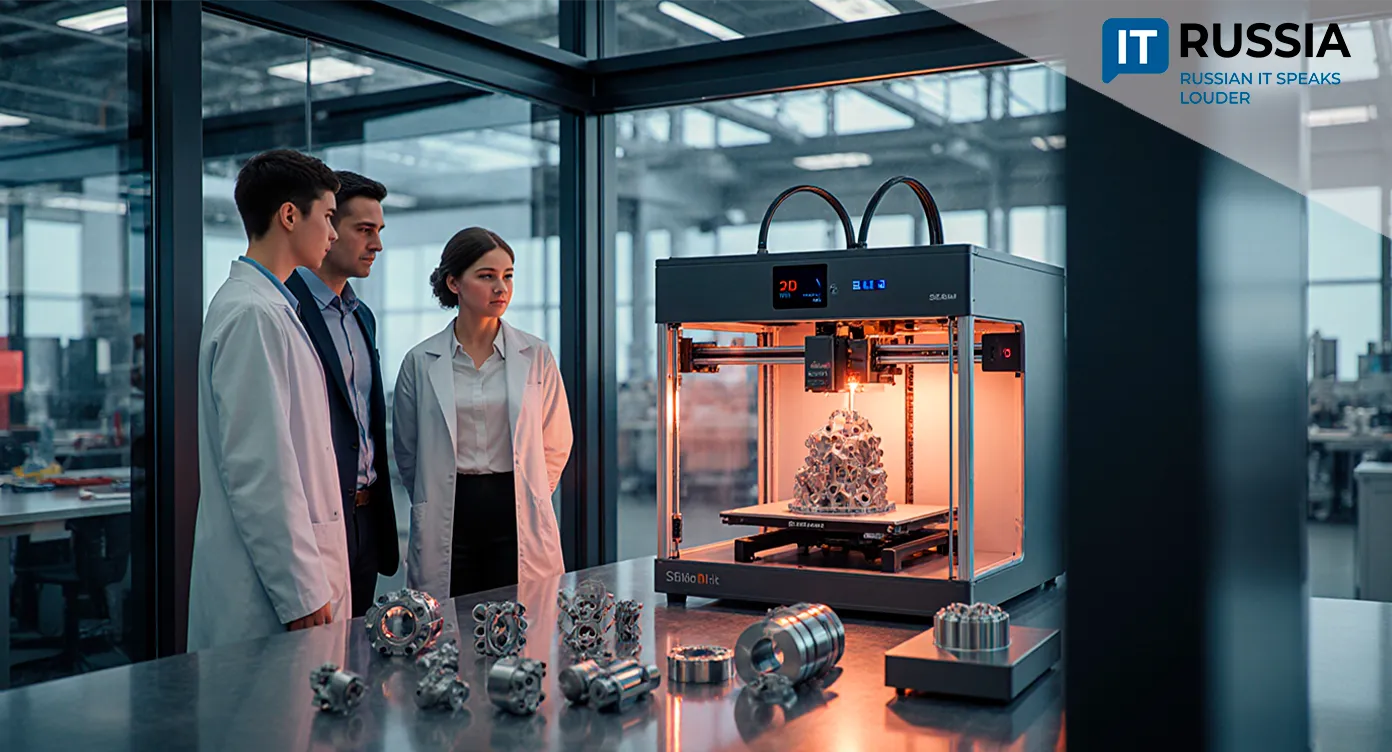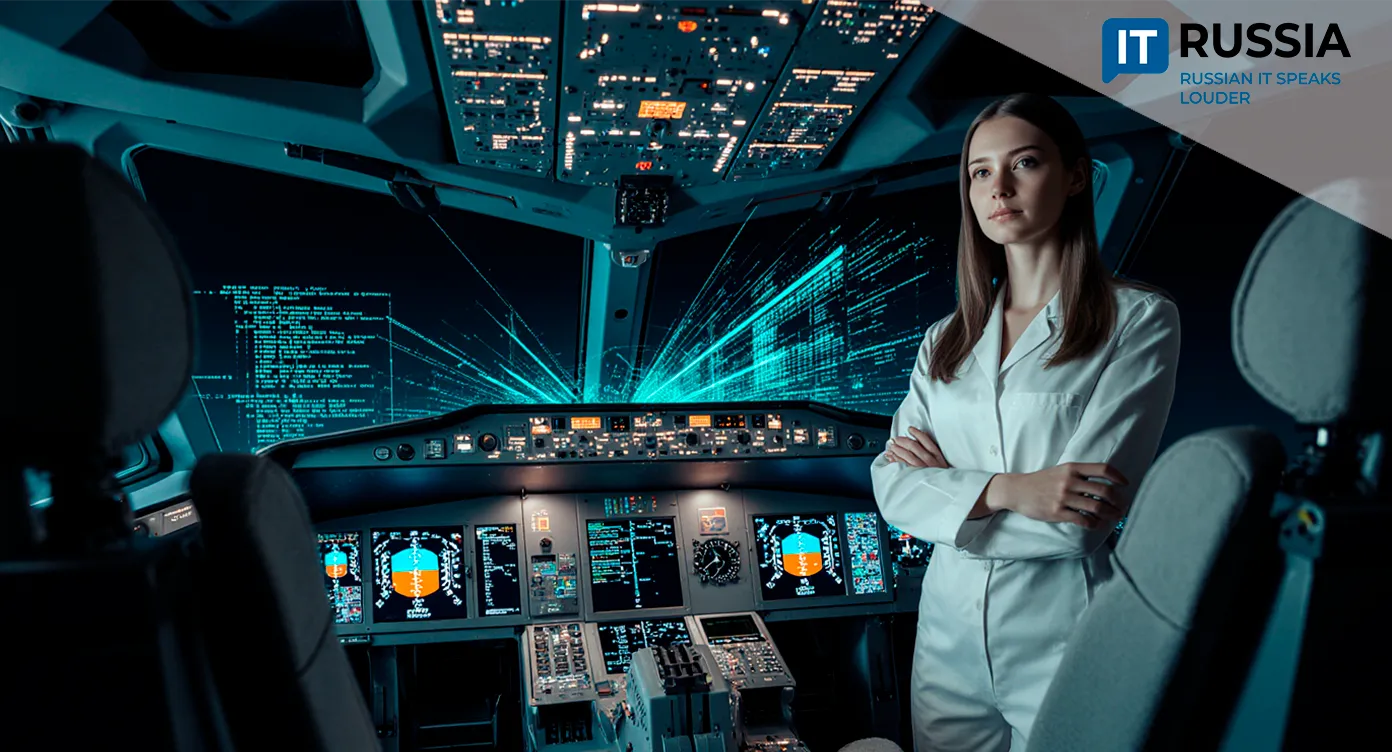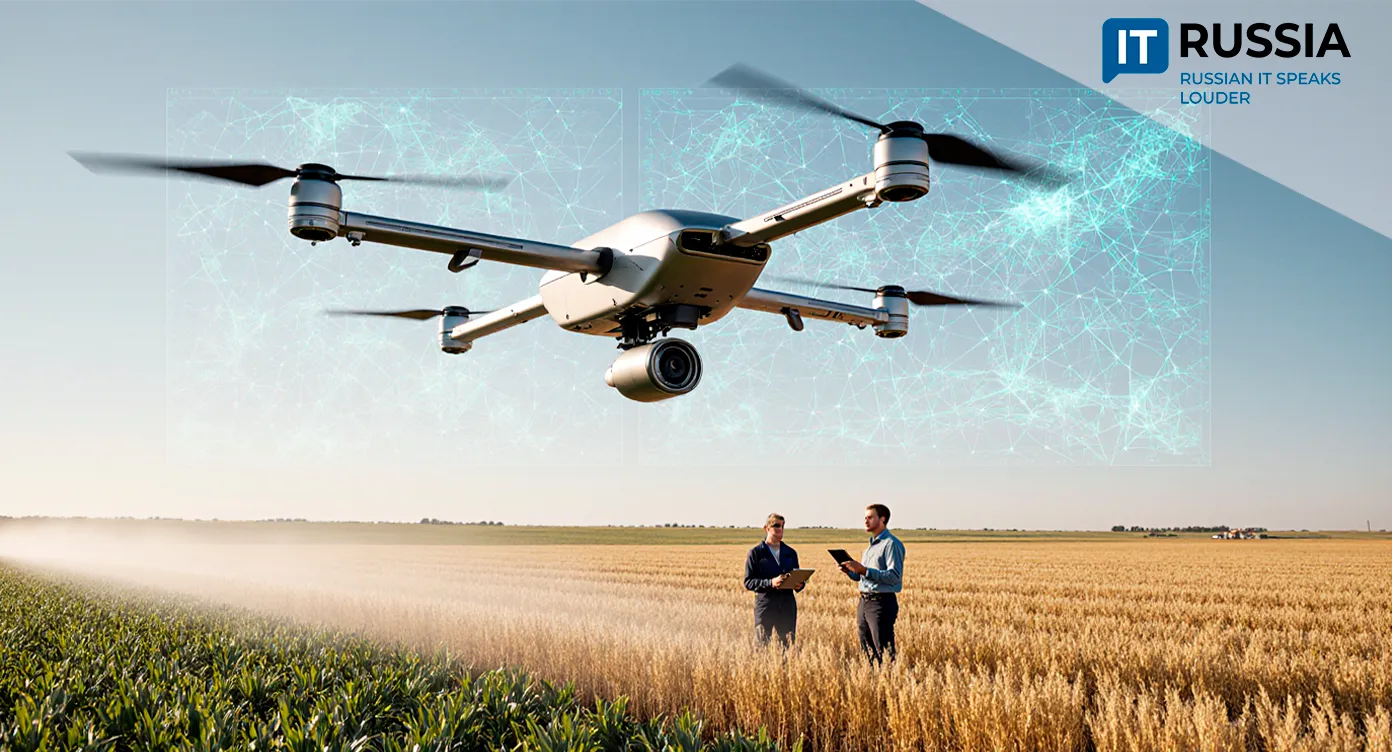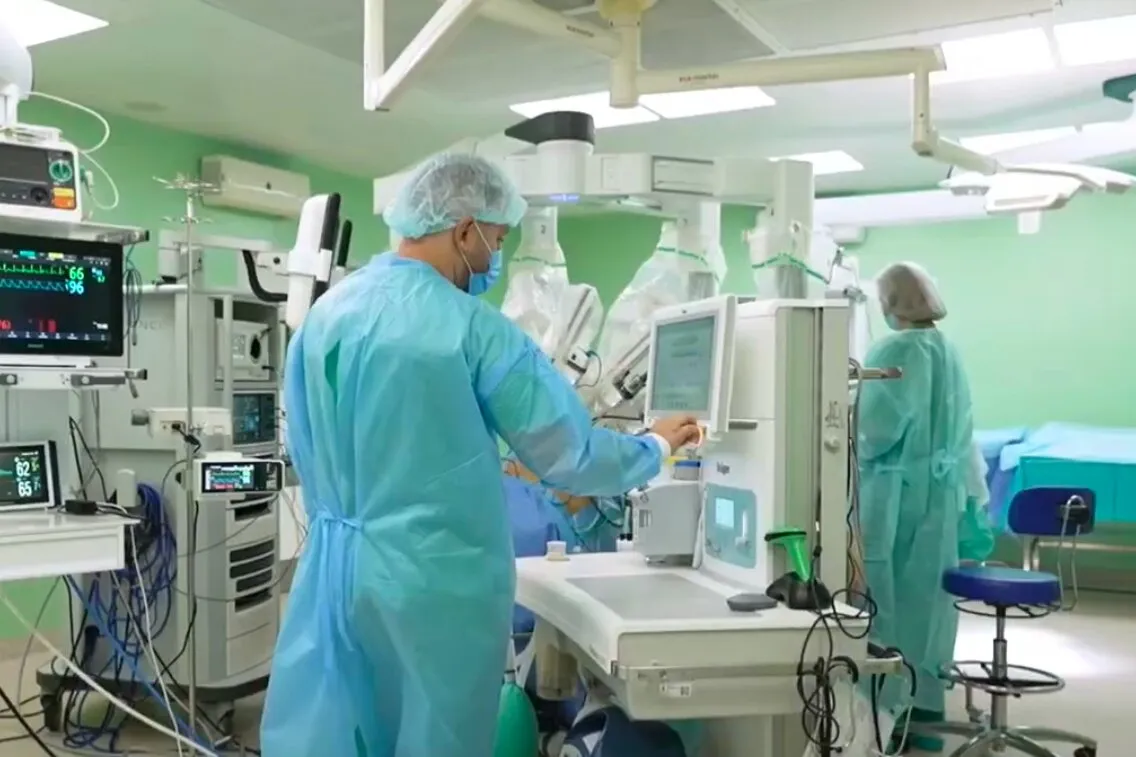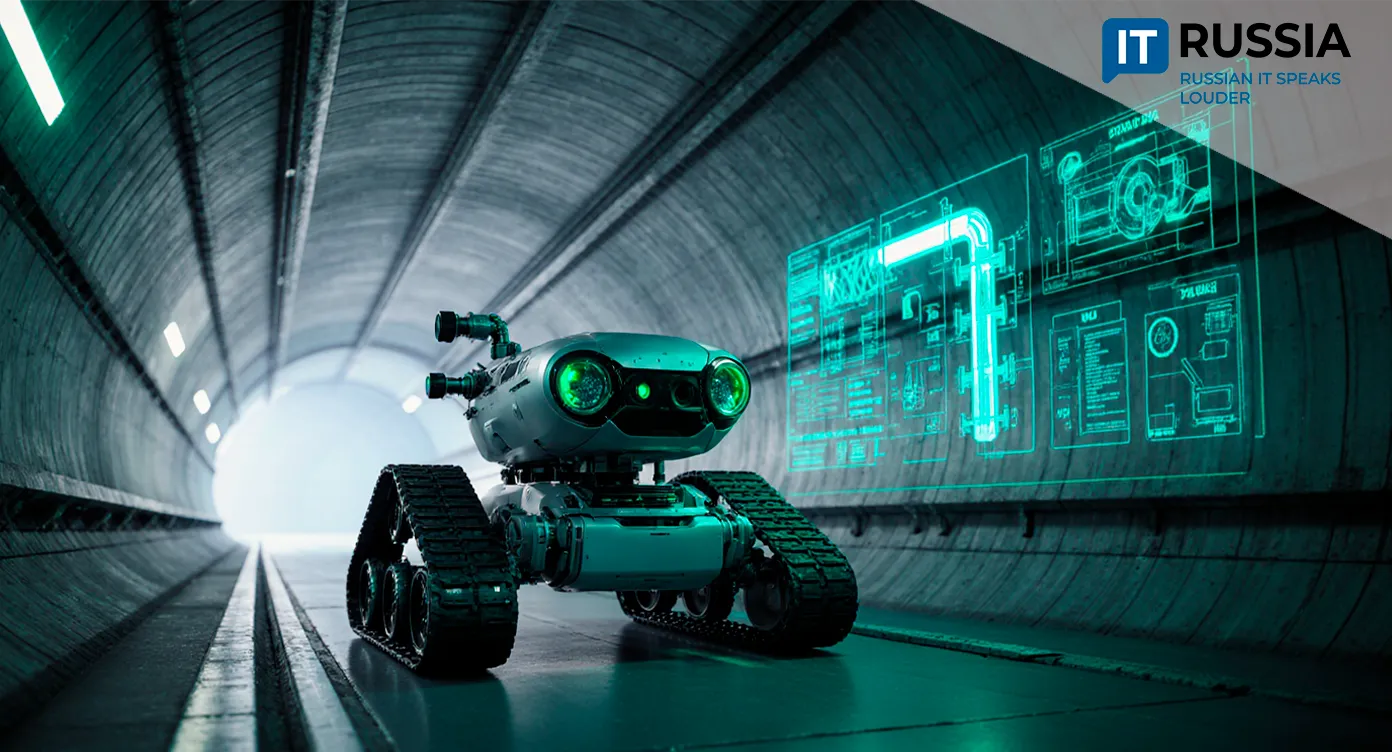Smart and Autonomous: Far Eastern Fields to Be Cultivated by AI-Driven Robotic Tractors
At the Eastern Economic Forum in Vladivostok, a tripartite agreement was signed to launch a pilot project making AI-powered autonomous tractors available to all farmers in the Amur region.
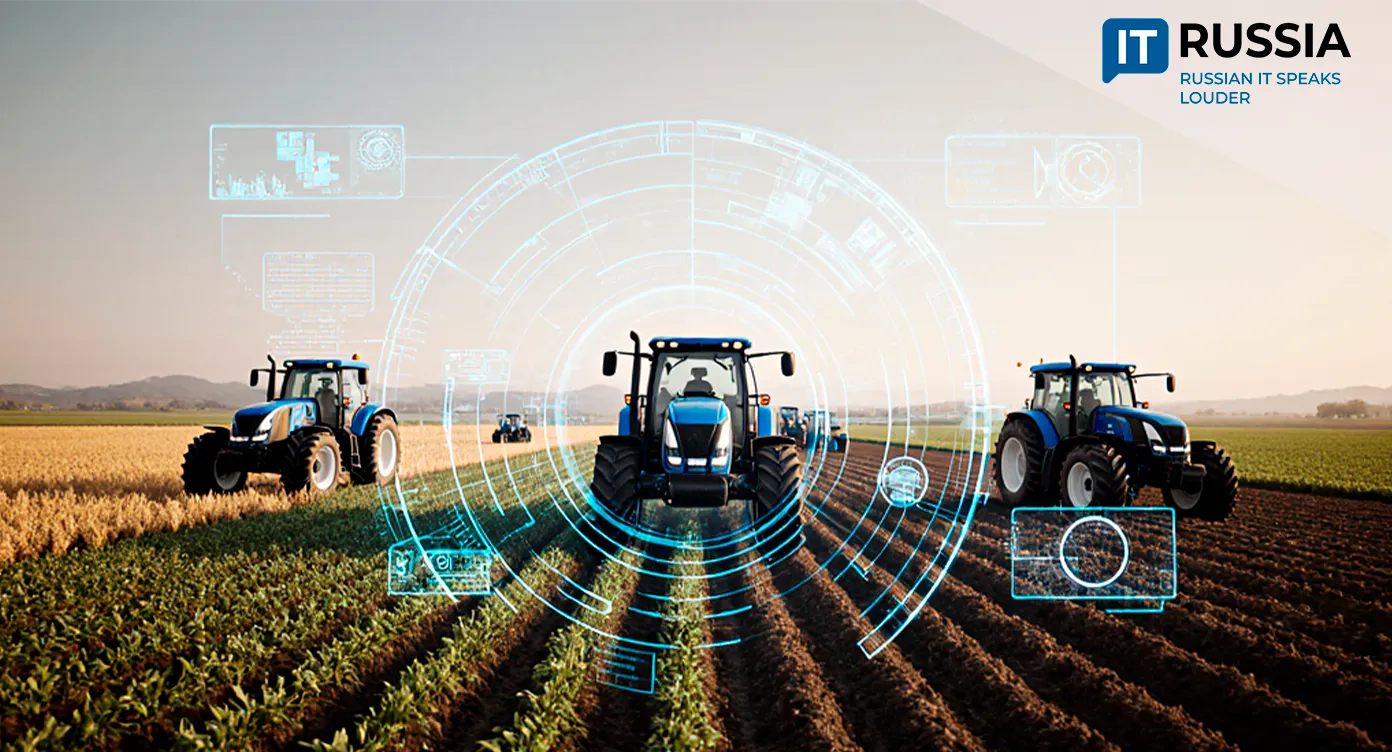
A New Robotic Tractor Station
The digital transformation of Russian agriculture is reaching a new milestone with the launch of a large-scale project to cultivate fields using autonomous machinery. In the Amur region, a robotic tractor station (RTS) is being created to provide open access for local farmers.
The tripartite agreement was signed at the Eastern Economic Forum by Vasily Orlov, Governor of the Amur Region, Nikolay Zapryagaev, CEO of the Far East and Arctic Development Corporation (FEDC), and Olga Uskova, President of the Cognitive Pilot group of companies. The signing took place in the presence of Alexey Chekunov, Minister for the Development of the Russian Far East and Arctic.
The project, spearheaded by Cognitive Pilot, introduces an innovative model of robotic tractor stations. Instead of purchasing advanced machinery outright, farmers will access it through a subscription service. This service model is designed to enhance productivity and competitiveness of local farms.
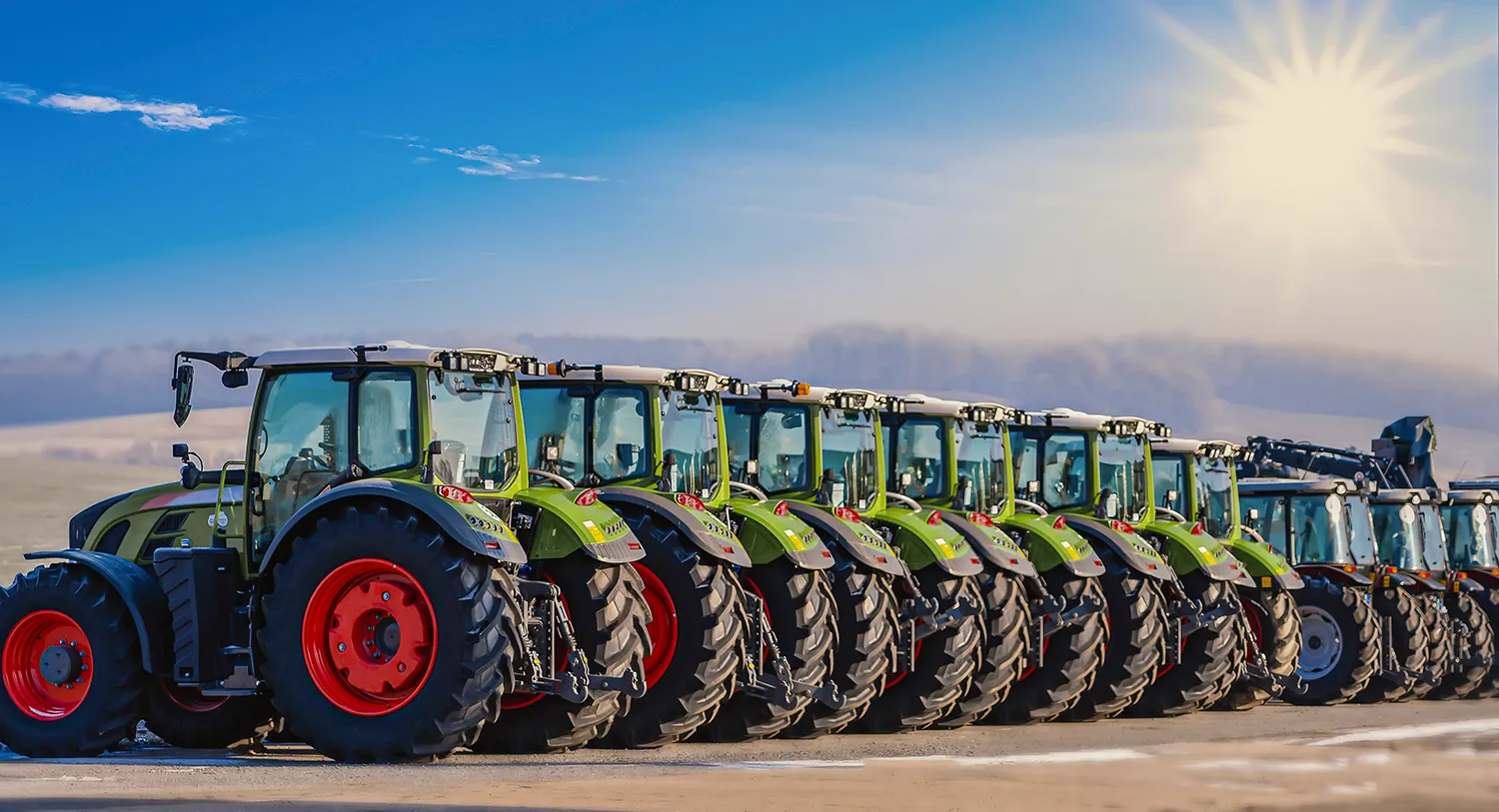
“Investments in the project amount to RUB 1 billion (around USD 10.7 million). In the Amur region, an operator will be established to provide farms with comprehensive field cultivation services using proprietary AI-driven robotic tractors,” explained Yuri Trutnev, Deputy Prime Minister of Russia, Presidential Plenipotentiary Envoy to the Far Eastern Federal District, and Chairman of the Organizing Committee of the Eastern Economic Forum.
Efficient AI Tractors
The RTS service model can increase overall machine productivity by up to 30%, achieved through 24/7 operation and faster fieldwork.
Automation also delivers exceptional accuracy in agricultural operations—up to 99%. This level of precision significantly reduces costs for seeds, fertilizers, and fuel.
At the same time, autonomous equipment addresses labor shortages by replacing up to four workers with one robotic tractor, ensuring reliable performance even under challenging conditions.
The pilot stage includes cultivating up to 15,000 hectares of land with 70–80 autonomous tractors. The project will later expand to additional farms across the Amur region.
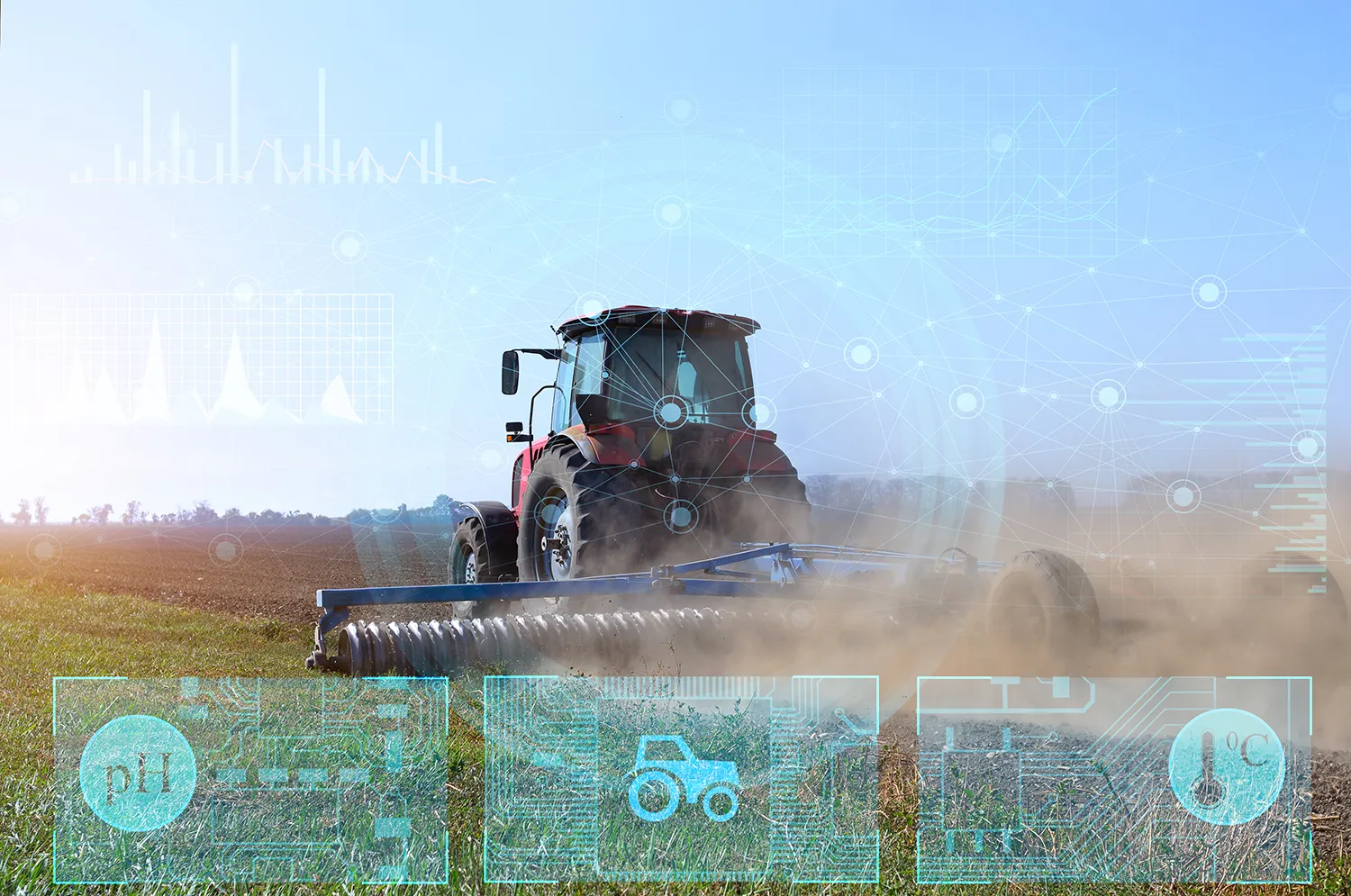
Expensive Equipment Made Accessible
This new service model allows for the rapid modernization of Russian agriculture, bringing advanced machinery to market without requiring farmers to purchase it outright. RTS stations and service-based access are particularly advantageous for small and medium-sized enterprises that lack the capital to buy new equipment or hire skilled labor. Successful precedents already exist in Russia.
“It is a historical fact that motor tractor stations (MTS) played a critical role in mechanizing Soviet agriculture, increasing productivity and yields by up to 70% over more than 30 years. Today, by using the best practices of the past, we are introducing the robotic tractor station (RTS) model. For Amur farms, this represents a transition to an entirely new level of efficiency,” emphasized Olga Uskova, President of Cognitive Pilot.
The state is also supporting the model by granting farms preferential conditions, including residency in the Amur advanced development territory (ASEZ), which offers tax incentives.
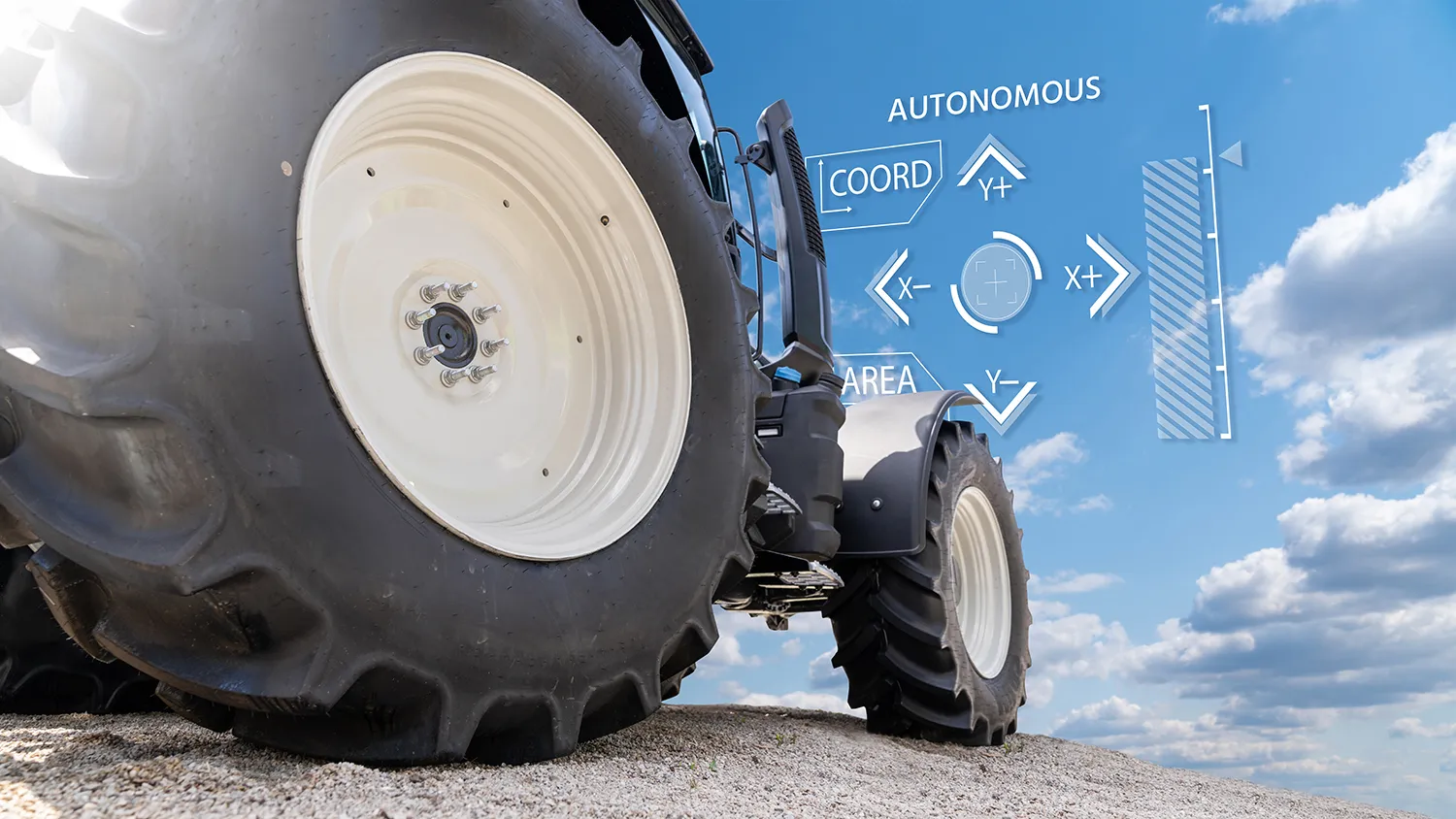
More Food Production Ahead
The combination of innovative IT solutions and government support will modernize agriculture in the Amur region and strengthen its role in the Far Eastern economy.
In the future, the RTS system is expected to spread to other regions. The same model could also be applied to other agri-technologies, such as drones. This lowers barriers for farmers to enter the digital era and boosts food production, enabling Russian products to reach global markets.
Both smart machinery and service contracts could be exported to countries lacking modern technologies but eager to modernize their agricultural sectors.





